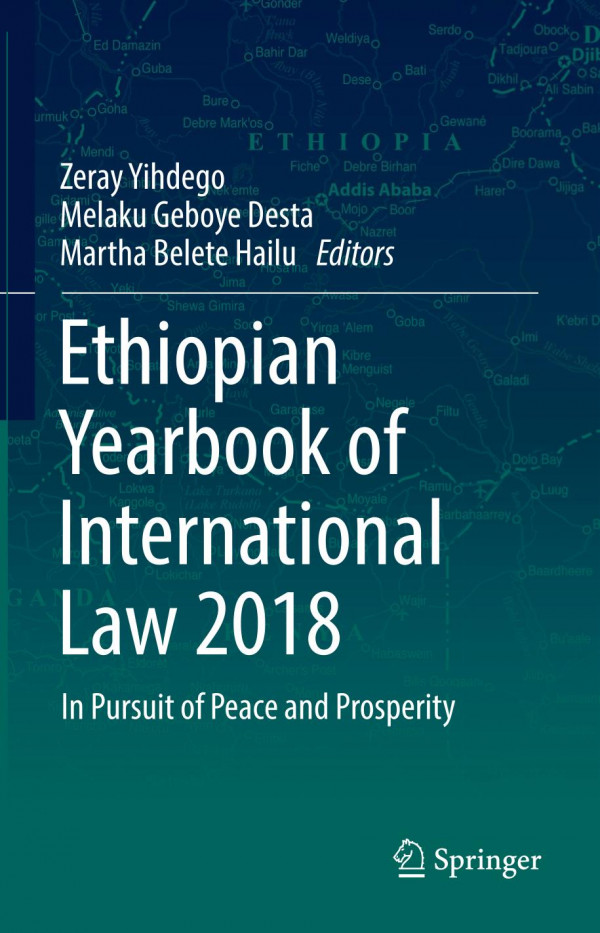

Most ebook files are in PDF format, so you can easily read them using various software such as Foxit Reader or directly on the Google Chrome browser.
Some ebook files are released by publishers in other formats such as .awz, .mobi, .epub, .fb2, etc. You may need to install specific software to read these formats on mobile/PC, such as Calibre.
Please read the tutorial at this link: https://ebookbell.com/faq
We offer FREE conversion to the popular formats you request; however, this may take some time. Therefore, right after payment, please email us, and we will try to provide the service as quickly as possible.
For some exceptional file formats or broken links (if any), please refrain from opening any disputes. Instead, email us first, and we will try to assist within a maximum of 6 hours.
EbookBell Team

4.4
62 reviewsEtYIL 2018 comes at a time when multilateralism and its underpinning norms of international law and institutions are under siege. At the same time, in 2018, Africa stood out for upholding multilateralism and international law. From the adoption of the Agreement establishing the African Continental Free Trade Area to the signing of peace agreements that brought to an end two decades of hostilities between Eritrea and Ethiopia, 2018 was indeed a remarkable year for international law in Africa. EtYIL 2018 covers some of these issues, including the Eritrea-Ethiopia Claims Commission decisions on jus ad bellum, jus in bello, evidentiary and procedural matters and the role of arbitration in upholding the international rule of law. Such new developments as the lifting of UN sanctions against Eritrea and the agreements signed between Eritrea and Ethiopia are also covered in this volume. The volume further devotes considerable attention to other legal issues including: the use and misuse of European patent law to the detriment of developing countries’ interests, sharing transboundary resources, production sharing agreements on extractives , evolving rules governing economic relations between Africa and the European Union in the context of Brexit, contract-farming in the African cocoa and chocolate industry, the International Criminal Court and human rights law, and cyber-attacks and the role of international law in tackling them. These chapters, authored by experts from Africa, Asia, Europe and North America not only bring new and diverse voices to the international law discourse; they also contribute to EtYIL’s overarching goal of contributing to the effort to rebalance the narrative of international law.